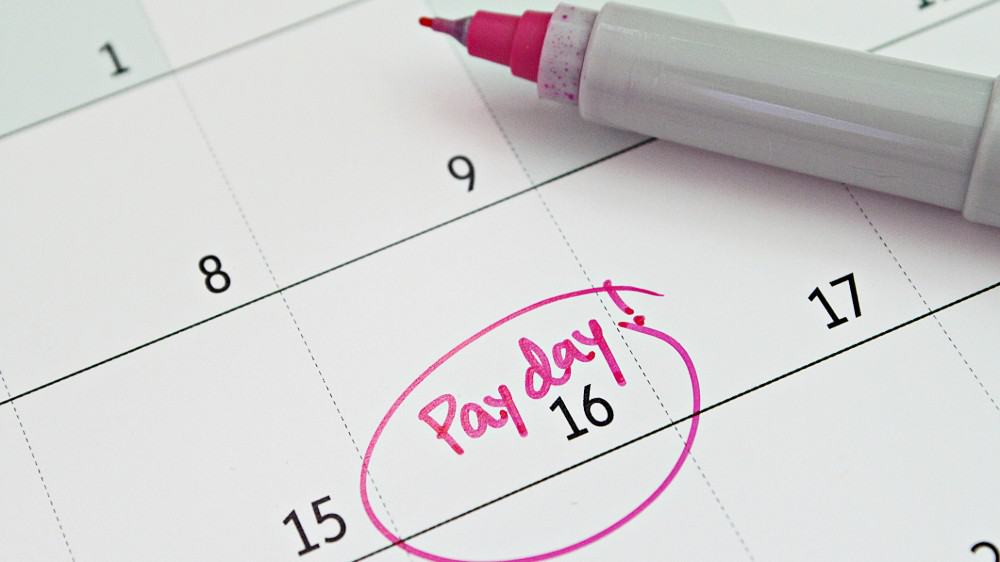- Financial Maverick
- Posts
- Telepathy Neuralink, Millennial Money, and Beating Inflation
Telepathy Neuralink, Millennial Money, and Beating Inflation
Yes, You Can Save $1000 in 4 Months. Here's How I Did It...
Good morning. It's Friday, March. 22 and we're covering expert's advice for beating record inflation, saving $1000 in 4 Months, creating value through sustainability in real estate, and much more.
First time reading? Sign up here.
Stock Market Update
Market Performance: March 21, 2024.
Reddit shares jumped 48% in their debut on Thursday in the first initial public offering for a major social media company since Pinterest hit the market in 2019.
The 19-year-old website that hosts millions of online forums priced its IPO on Wednesday at $34 a share, the top of the expected range. Reddit and selling shareholders raised about $750 million from the offering, with the company collecting about $519 million.
The stock opened at $47 and reached a high of $57.80, marking a 70% increase at its peak for the day. It closed at $50.44, giving the company a market cap of about $9.5 billion.
At its IPO price, Reddit was valued at about $6.5 billion, a haircut from the company’s private market valuation of $10 billion in 2021, which was a boom year for the tech industry. The mood changed in 2022, as rising interest rates and soaring inflation pushed investors out of high-risk assets. Startups responded by conducting layoffs, trimming their valuations and shifting their focus to profit over growth.
Financial Maverick Insights
Finance expert's advice for beating record inflation
If it feels like things are costing more these days, trust your gut. A new study from ConsumerAffairs shows inflation was higher last month than it was in January. While inflation was higher in February, ConsumerAffairs reporter Mark Huffman said some things were actually cheaper than they were in January. Unfortunately, some of those products aren't things you spend money on every day, or even every month.
"The costs that consumers and families pay regularly, unfortunately, went up in the consumer price index for February," Huffman said. "Gasoline and rent made up 60% of the increase." The news isn't great, but you can get ahead of inflation with better spending habits. Huffman said some grocery prices have gone down lately. Always look for sales and comparison shop so ensure you're getting the best deal.
"Look at where your money is going," Huffman said. "If you're spending a lot of money on credit card bills, and credit card interest rates are at a record high, try to do something to help pay down that debt faster."
For families who are swimming in debt right now? He suggested taking out a balance transfer credit card, which will give you 12-18 months of 0% interest if you transfer the balance of one credit card to that card.
Yes, You Can Save $1000 in 4 Months. Here's How I Did It, Step by Step
My husband and I weren’t always financially savvy. We spent recklessly, lived paycheck to paycheck and made impulsive purchases, like eating out several times a week.
We didn’t have any savings, and we were sitting on a mountain of debt. But everything changed when we found out that we were going to have a baby. We started to think about the bigger picture and the financial costs of raising a child. We knew we had to change how we handled our money.
So we set a goal to save $1,000 in four months. Here’s how we reached our goal and how you can do the same.
Create a realistic budget
As a couple who had never saved money, $1,000 felt like a challenging feat. We didn’t have a working budget, so we started there. In order to know how much we could save each payday, we needed to know the exact amount we had left after bills. You can use a budgeting app to help or do it the old-fashioned way. I created our budget by hand. I pulled out a sheet of paper and wrote down the amount of our direct deposits from each of our jobs. Then I subtracted our bills, food and gas to determine how much we could save.
Open a high-yield savings account
After we saved our first $100, we started stashing our savings in an American Express high-yield savings account with a 4.9% annual percentage yield -- which helped us reach our goal faster. We knew receiving close to $5 for every $100 we deposited wasn’t much, but it was much more than keeping our money in a traditional savings account with a 0.01% APY.
Take a close look at your spending habits
Once we knew how much we could save each month, we looked for ways to increase that amount. We categorized how we were currently spending our money by reviewing our past month’s bank account transactions. The biggest expense was food. We spent so much dining out that the amount was embarrassing. But the realization helped us start meal planning and planning when we were going to eat out.
Keep money for expenses and leisure separate
To better help us keep an eye on our spending, we decided to keep our bill money separate from our other leisure expenses. So we opened a second checking account with our bank and nicknamed it “spending.” This account covered groceries, dining out, gas, shopping, date nights and any other spending we needed to do for that payday.
Use your skills to add a new stream of income
To meet our goal in time, we knew we needed to boost our income. We found this to be the biggest challenge during our savings journey. We took on side jobs, and they were a big help.
Real Estate News
Personal Finance Tips
Alternative Investing
Does increased algorithm usage improve the accuracy of interpreted data? |
Reach Over 100,000 Financial Mavericks
Advertise with Financial Maverick to get your brand in front of the Financial Gurus in the world. The Mavericks are high-income and highly knowledge people who are always looking for an interesting product or tool.
Calling all Financial Mavericks! To help out a family and friend in need by sharing this newsletter. Tell you what if you ever wanted to be a Hero, Financial Guru, or a Nice Person this is your time!
DISCLAIMER: None of this is financial advice. This newsletter is strictly educational and is not investment advice or a solicitation to buy or sell any assets or to make any financial decisions. Please be careful and do your own research.







